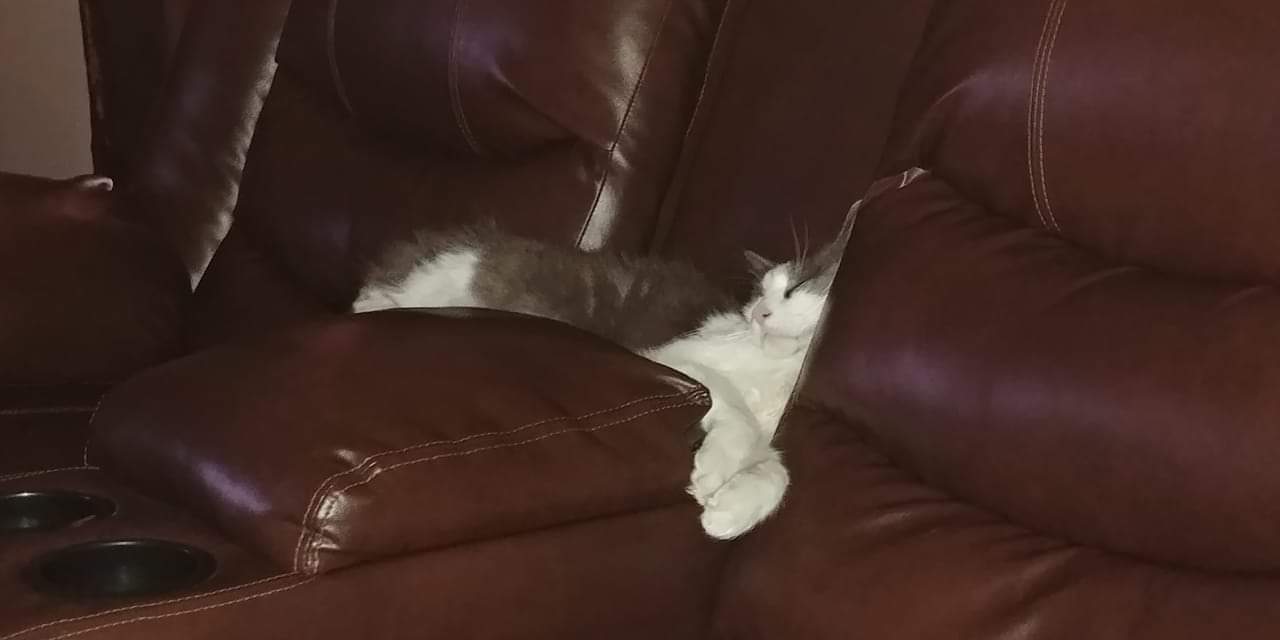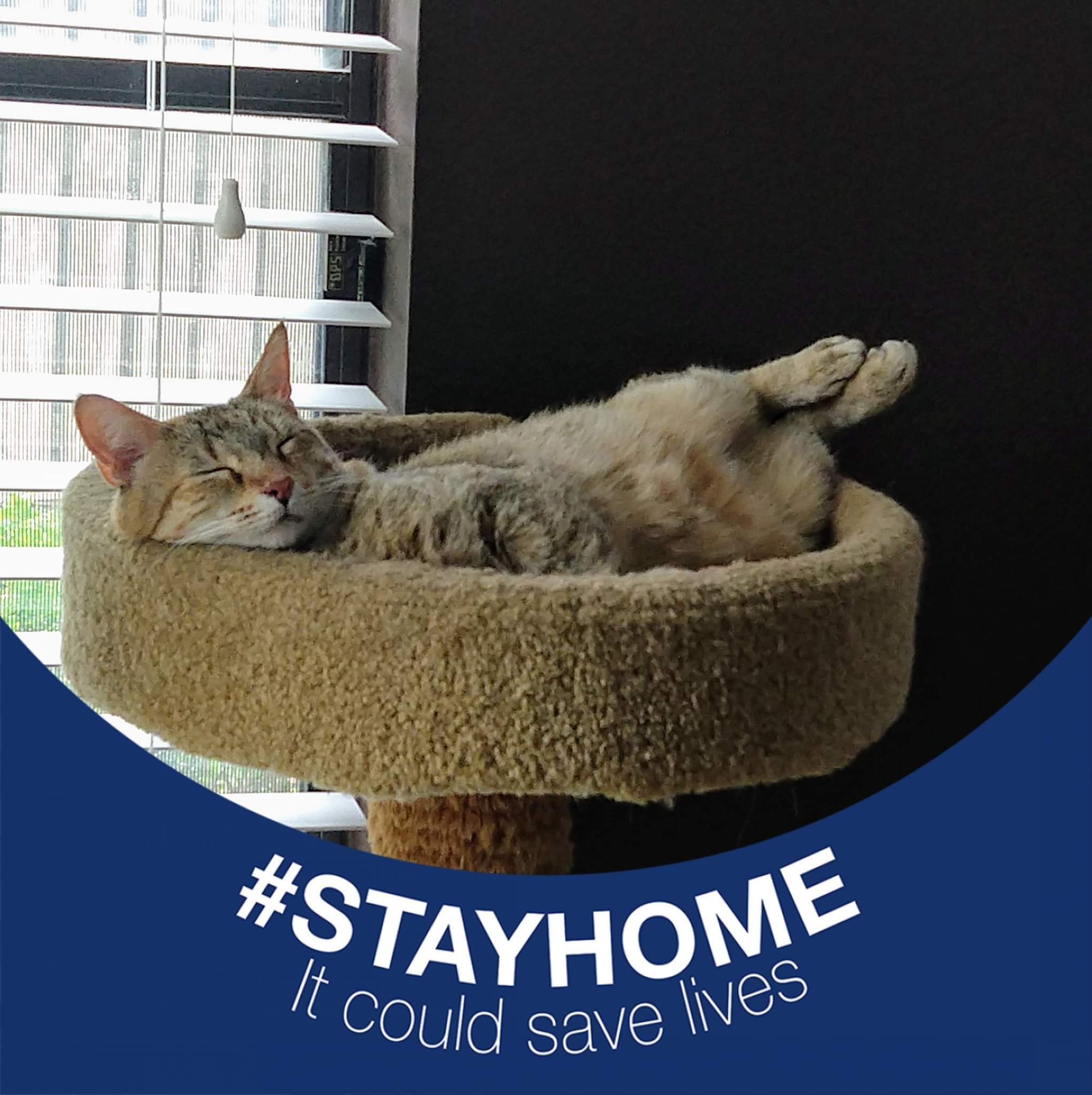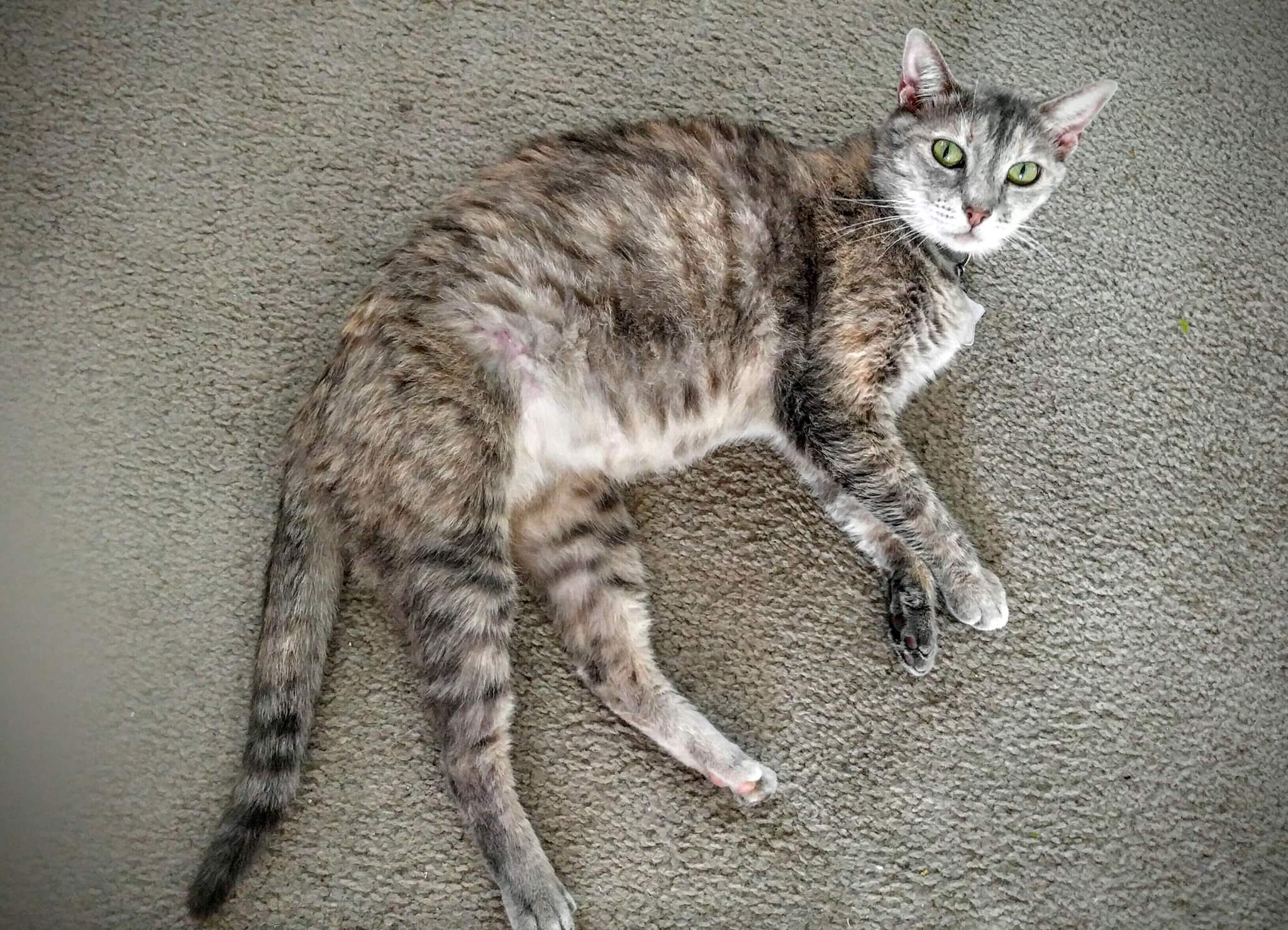Cat Vaccination
Guard your companion from life-threatening illnesses through regular vaccinations. We’ll create a custom schedule for your pet’s immediate health situation.
Pet owners want to keep their pets healthy and safe, which is why we recommend a personalized vaccination schedule. A simple way to protect from viruses and bacteria, vaccinations boost your pet’s immune system from potentially life-threatening diseases. And if the cost is a concern, we have found that it is much more cost-effective to vaccinate against kennel cough and parvovirus than treat after a pet has contracted the illness.
While we advocate for vaccinations, we are careful about the vaccinations we recommend for each pet. Our skilled veterinarians take utmost care creating a schedule that suits your pet’s health history, current health situation, and lifestyle that might expose the pet to illnesses. By working in tandem with your knowledge of your pet, we will create a tailored plan specifically suited to your pet’s health needs.
In the beginning of a pet’s life, puppies and kittens ingest maternal antibodies while nursing, which can neutralize any effect of viruses or bacteria. By 8 weeks of age, the maternal antibodies can wear off, which makes your puppy or kitten susceptible to illness. With our knowledge about young animal health, we will create a vaccination schedule to achieve optimum protection for your little one against disease.
While every pet should be vaccinated, we recommend only what’s truly necessary for your pet’s long-term health. Here are the vaccines we can provide at our veterinary clinic:
Essential Vaccines for Your Cat
- Rabies
- Calcivirus
- Herpesvirus
- Rhinotracheitis
- Panleukopenia
- Leukemia
FELINE DISEASES AND SYMPTOMS
(Information gathered from the American Veterinary Medical Association, AVMA)
Feline Leukemia (FeLV)
Infection with the Feline Leukemia Virus can result in a multitude of serious health problems for your cat — everything from cancerous conditions such as leukemia to a wide range of secondary infections caused by the destruction of the immune system. In fact, it is a leading cause of death in North American cats. After initial exposure to the virus, a cat may show no symptoms for months, if not years. Testing is available to determine the FeLV status of your cat. If he or she has not yet been infected, but is likely to come in contact with cats that are, vaccination against this potentially fatal disease is highly recommended.
Feline Viral Rhinotracheitis
Just like the human common cold, the virus that causes this upper respiratory tract infection is easily transmitted from one cat to another, so vaccination is imperative if your pet will come in contact with other cats. Its symptoms may take the form of moderate fever, loss of appetite, sneezing, eye and nasal discharges. Kittens are particularly affected but this disease can be dangerous in any unprotected cat, as effective treatment is limited. Even if a cat recovers, it can remain a carrier for life.
Feline Panleukopenia
Sometimes known as feline distemper, this disease is caused by a virus so resistant, it can survive up to one year outside a cat’s body! Therefore, as most cats will be exposed to it during their lifetimes and infection rates in unprotected cats can run as high as 90% to 100%, vaccination against this potentially fatal disease is absolutely essential. Symptoms can include listlessness, diarrhea, vomiting, severe dehydration, fever and death. Happily, the vaccine itself is very effective in preventing the disease, as treatment is very difficult.
Rabies
This incurable viral disease affects the central nervous system of almost all mammals, including humans. It is spread through contact with the saliva of infected animals (which can include skunks, foxes, raccoons and bats) through bites or any break in the skin. Vaccination will provide cats with a much greater resistance to rabies if they are exposed to the disease. You must be aware that there is no cure once it occurs. For this reason, many municipalities absolutely require that all cats receive rabies vaccinations on a regular basis. Plus, you will definitely have to provide vaccination records if you ever want to travel with your cat across the country or around the world.
Feline Calicivirus
This virus is another major cause of upper respiratory tract infection in cats. Widespread and highly contagious, its symptoms of fever, ulcers and blisters on the tongue and pneumonia (inflammation of the lungs) can range from mild to severe, depending on the strain of virus present. Treatment of this disease can be difficult. Even if recovery does take place, a recovered cat can continue to infect other animals, as well as experience chronic sneezing, runny eyes and severe gum disease. Vaccination is therefore tremendously important.
Other Vaccinations
Depending on your cat’s lifestyle and risk factors, your veterinarian may also recommend vaccination against other infectious diseases.- CHLAMYDOPHILA are bacteria that infect the eyes, causing conjunctivitis. They may also infect the lungs, digestive tract, and reproductive tract. The disease is extremely contagious, especially in young kittens. Vaccination can be an important part of controlling Chlamydophila infections in multiple-cat environments. Chlamydophila can be transmitted to humans by direct contact.
- BORDETELLA are bacteria that can cause respiratory disease in cats of any age. Young kittens tend to have more severe disease. Vaccination should be considered before cats enter boarding facilities or other multiple-cat environments.
CAT VACCINATIONS: WHY & WHEN
One of the best things you can do to give your cat a long and healthy life is to ensure that he or she is vaccinated against common feline diseases. Your cat’s mother gave her kitten immunity from disease for the first few weeks of existence by providing disease fighting antibodies in her milk. After that period it’s up to you, with the help and advice of your veterinarian, to provide that protection through vaccination.
Vaccines contain small quantities of altered or “killed” viruses, bacteria or other disease-causing organisms. When administered, they stimulate your cat’s immune system to produce disease-fighting cells and proteins —or antibodies — to protect your cat against disease.
Generally, the immunity that a kitten has at birth begins to diminish after 9 weeks. It is then time to begin the initial vaccinations, with boosters following every 3-4 weeks until the kitten is 12-16 weeks old. If there is too long an interval between the first vaccination and the booster, your kitten may have to undergo the series all over again.
Thereafter, your cat will require repeat vaccinations for the rest of his or her life. Of course, these are only guidelines. Your veterinarian will be able to determine the exact schedule that’s right for your pet.
Most veterinarians believe that your pet should be protected against those diseases which are most common, highly contagious and which cause serious illness. Such diseases could include Feline Panleukopenia, Feline Viral Rhinotracheitis, Feline Calicivirus, Rabies and, depending on lifestyle, Feline Leukemia. Other vaccinations may be recommended, based on your veterinarian’s evaluation of the risks posed by such factors as your cat’s particular heredity, environment and lifestyle.
Most veterinarians believe that your pet should be protected against those diseases which are most common, highly contagious and which cause serious illness. Such diseases could include Feline Panleukopenia, Feline Viral Rhinotracheitis, Feline Calicivirus, Rabies and, depending on lifestyle, Feline Leukemia. Other vaccinations may be recommended, based on your veterinarian’s evaluation of the risks posed by such factors as your cat’s particular heredity, environment and lifestyle.
Like any drug treatment or surgical procedure, vaccinations cannot be 100% guaranteed. However, used in conjunction with proper nutrition and acceptable sanitary conditions, vaccination is clearly your pet’s best defense against disease. Plus, when you consider what treating a serious illness can cost you and your beloved cat in terms of both money and distress, prevention through vaccination definitely is the better choice.
Like any medical procedure, there is a small chance of side effects with vaccination. Common side effects are mild and include soreness or swelling at the injection site, fever, or decreased appetite. Rare side effects such as allergic reactions may occur within hours. If this happens, call your veterinarian immediately. The risks of side effects are much smaller than the risks posed by the disease. And vaccination is more convenient when you consider the costs of treating a serious illness in terms of money and distress.



